Memorial Day is meant to honor U.S. soldiers who died while in the military service.
 Memorial Day, celebrated annually on the last Monday of May, also marks the unofficial start to summer, with public pools opening, barbecues fired up, and hockey playoffs (the last one may just be me, with game 2 of the National Hockey League finals tonight).
Memorial Day, celebrated annually on the last Monday of May, also marks the unofficial start to summer, with public pools opening, barbecues fired up, and hockey playoffs (the last one may just be me, with game 2 of the National Hockey League finals tonight).
There’ll be a lot of beer and a lot of burgers consumed today (in our case, BBQ chicken legs, backs attached, I’ve significantly improved the recipe).
Greg Wyshynski of Yahoo! Sports writes all U.S.-based puckheads have obligations during the Stanley Cup Finals, in order to create awareness of championship round and continue The Game’s growing insurgency into popular culture.
1. Buy Nielsen Families Beer, Watch Hockey With Them
2. Insert Hockey References Into Other Sports Conversations.
3. Insert Hockey References Into Every Conversation.
4. HockeyBomb Social Media.
5. Drink Beer. This really has nothing to do with growing the sport. But we find the Finals to be much more enjoyable after a few frosties.
But not at $160 a bottle.
Australian Mik Halse celebrated the arrival of son Oliver earlier this month by treating his friends to two bottles from Scottish brewery BrewDog: Tactical Nuclear Penguin and Sink the Bismarck. As the former and current world-record holders for strongest beer made to date (32 per cent and 41 per cent respectively), they cost $150 and $160 a bottle.
Halse is among a growing band of beer connoisseurs prepared to open their wallets to indulge their palates. While the cost may seem prohibitive, these exotic 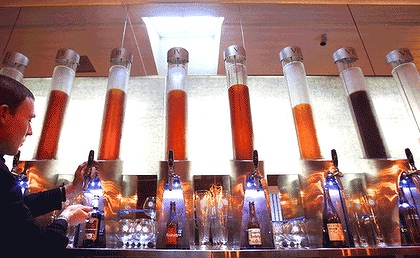 brews are savoured in much the same way as a fine whisky or brandy, generally sipped slowly in 30-millilitre drams. Most can be kept for a few days after being opened without spoiling and some come with reusable stoppers.
brews are savoured in much the same way as a fine whisky or brandy, generally sipped slowly in 30-millilitre drams. Most can be kept for a few days after being opened without spoiling and some come with reusable stoppers.
In a world-first concept that removes the gamble of buying an untried costly bottle of beer, the newly opened Biero bar in Little Lonsdale Street (Melbourne) has installed 10 ”beervaults” – clear, cylindrical dispensers created by Footscray design company JonesChijoff.
The vaults allow bottled beer to be transferred into pressure and temperature-controlled tubes that act like kegs to keep beer fresh. They’re the $150,000 brainchild of a group of Melbourne graduates who wanted a way to sample exotic beers available only in bottles. ”This way we can showcase some really rare bottles or give people the chance to buy an expensive beer to be transferred to the vaults where it can be kept fresh for up to four or five days,” says co-founder Iqbal Ameer.
Customers can either buy a beer sample from a dispenser, or use a spare vault to store a full bottle of beer they want to savour over a few nights at the bar.
 Hockey’s a game for grafters, which in Brit-speak means hard-workers.
Hockey’s a game for grafters, which in Brit-speak means hard-workers.
And when cooking that burger, don’t be afraid to stick it in, using a tip-sensitive digital thermometer. The magazine, Good Housekeeping, another icon of America, says that as part of making perfect burgers,
“Burgers don’t have to be well-done to be safe — just not rare. Cooking times will vary, depending on the thickness of the patties and the heat of the grill, so the only way to be sure the burgers are done is to make them all the same size, then break into one to check. Or you can use an instant-read thermometer inserted horizontally into the patty to get a reading in seconds.”
Ignore the first part. A thermometer is the only way to tell. No one wants to make fellow hockeyheads barf. Below is a periodic table of beer styles I got from Coldmud.
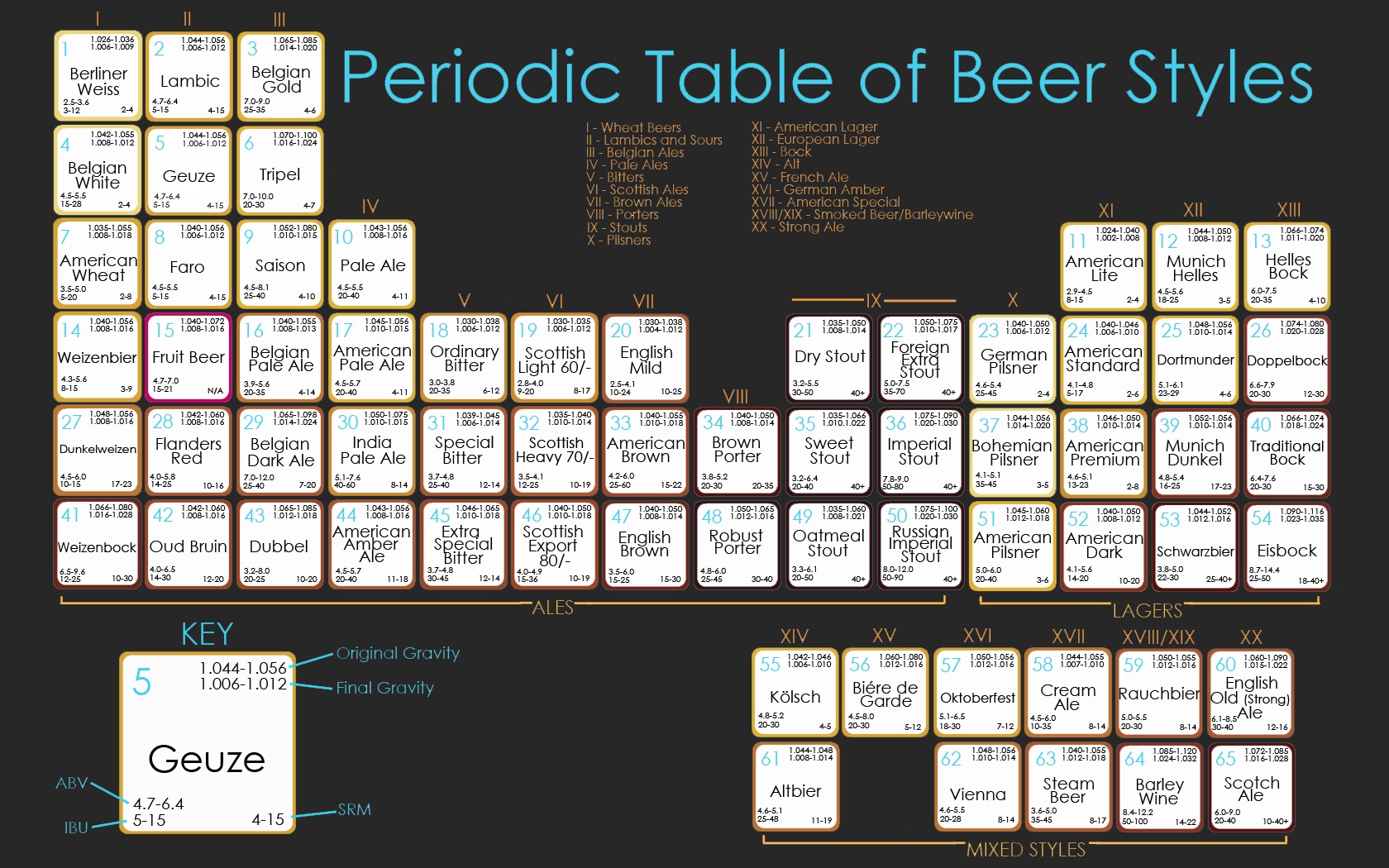

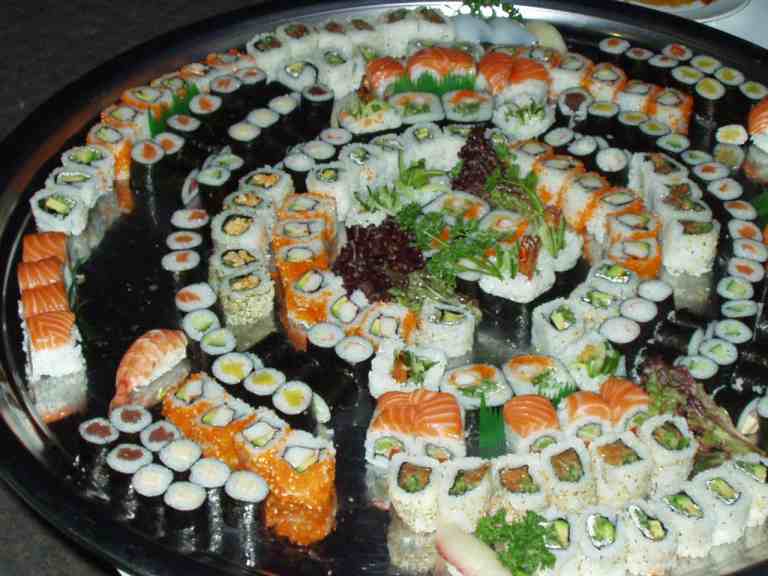 bacteria including Bacillus cereus, staphylococcus and listeria, and could cause serious illness.
bacteria including Bacillus cereus, staphylococcus and listeria, and could cause serious illness. Laboratories which conducted the testing on our behalf found it necessary to report their findings to Queensland Health before even we were notified. Queensland Health then immediately sent field officers to investigate and take action.”
Laboratories which conducted the testing on our behalf found it necessary to report their findings to Queensland Health before even we were notified. Queensland Health then immediately sent field officers to investigate and take action.” Delicious Noodle in Taree was issued with three fines for offences including selling food with a cockroach in it and having the live and dead insects in the premises.
Delicious Noodle in Taree was issued with three fines for offences including selling food with a cockroach in it and having the live and dead insects in the premises. Penguin Group Australia pulped and reprinted about 7,000 copies of "Pasta Bible" after the typographical error was found in the ingredients for spelt tagliatelle with sardines and prosciutto, The Sydney Morning Herald reported Saturday.
Penguin Group Australia pulped and reprinted about 7,000 copies of "Pasta Bible" after the typographical error was found in the ingredients for spelt tagliatelle with sardines and prosciutto, The Sydney Morning Herald reported Saturday. Or NZFSA is following what New South Wales, Australia, did a couple of months ago for a book that has been available since Aug. 2009. Regardless, it seems extraordinary that government agencies are calling people on their food safety bullshit.
Or NZFSA is following what New South Wales, Australia, did a couple of months ago for a book that has been available since Aug. 2009. Regardless, it seems extraordinary that government agencies are calling people on their food safety bullshit.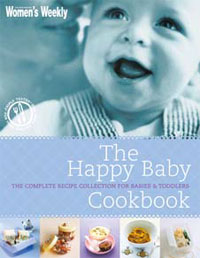
 The stars will only judge the hygiene and food safety standards used to make meals.
The stars will only judge the hygiene and food safety standards used to make meals.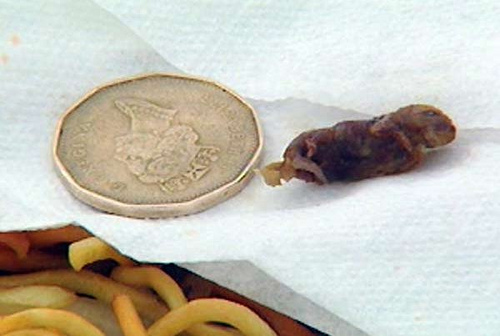 Tranh Minh Tran, of Kilburn, yesterday appeared in court charged with failing to comply with 19 conditions of the Australian and New Zealand Food Standard Code at his Woodville bakery.
Tranh Minh Tran, of Kilburn, yesterday appeared in court charged with failing to comply with 19 conditions of the Australian and New Zealand Food Standard Code at his Woodville bakery. The Border Mail reports
The Border Mail reports The milk was recalled on December 23 when 10 people, including a newborn baby, fell ill with thyroid problems in New South Wales, the Australian state where Sydney is located.
The milk was recalled on December 23 when 10 people, including a newborn baby, fell ill with thyroid problems in New South Wales, the Australian state where Sydney is located..jpg) "Ignorance is no excuse. The NSW government does not tolerate businesses that breach food safety and put consumers at risk. Our priority is ensuring this product is off the shelves and out of coffee shops and cafes so consumers can dine with confidence."
"Ignorance is no excuse. The NSW government does not tolerate businesses that breach food safety and put consumers at risk. Our priority is ensuring this product is off the shelves and out of coffee shops and cafes so consumers can dine with confidence."